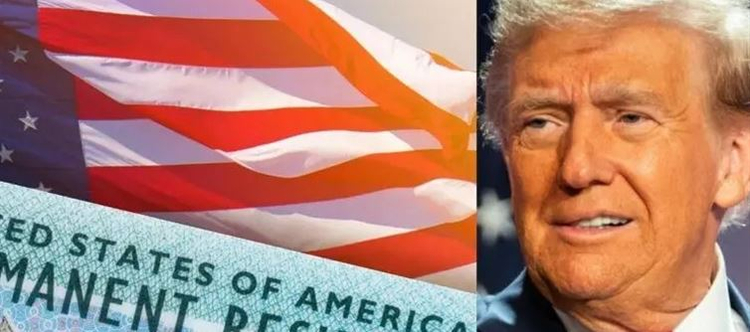
When china tightens its grip on information, censors its citizens, or suppresses dissent, the world often looks on with a kind of resigned silence. We might raise an eyebrow, issue a diplomatic statement here or there, but the outrage is muted—if it comes at all.
Yet when the united states makes similar moves—banning apps, tightening media control, or restricting platforms like TikTok—the global reaction is swift and fiery. Protests ignite, think pieces flood the internet, and accusations of hypocrisy fly.
So, here's the question: Why do we stay silent on china, but cry foul when America does the same?
The answer isn’t simple, but it is revealing.
The Power of Expectations
China has long been viewed as an authoritarian state, governed by a single-party system where censorship and state control are not just common—they’re expected. When beijing silences dissent or blacklists Western tech, it's often shrugged off as "typical behavior." The bar is set low, so there's less disappointment when it’s met.
America, on the other hand, has built its brand on freedom—freedom of speech, freedom of the press, freedom of choice. It markets itself as the moral compass of the modern world. So when it strays from those ideals, even slightly, the world sees it not just as policy—it sees it as betrayal.
Media Echo Chambers
Let’s not forget: the loudest voices in global media are still largely Western. U.S. actions are amplified, dissected, and debated by global outlets. American controversies dominate the news cycle in a way that Chinese crackdowns simply don’t—either because Chinese state media suppresses them, or because they don't fit neatly into the narratives we’re used to consuming.
And so, Chinese censorship becomes background noise. American censorship becomes breaking news.
Global Influence, Global Consequences
There's also the matter of impact. When the U.S. bans a platform, enforces a trade policy, or tightens wallet PLATFORM' target='_blank' title='digital-Latest Updates, Photos, Videos are a click away, CLICK NOW'>digital controls, it doesn't just affect Americans—it shakes global markets, sparks tech wars, and rewires international alliances. U.S. decisions echo across borders.
Chinese decisions, while undeniably impactful, are often seen as domestic. We care—but we don’t feel them in the same immediate way.
Selective Outrage is Still Outrage
This isn’t a defense of censorship, no matter who’s doing it. But it is a call for consistency.
If we care about freedom, then we should care wherever it’s being restricted. We can’t let geopolitical convenience dictate our outrage. The silence on china isn't just passivity—it’s complicity. And the noise we make when the U.S. stumbles? It should be matched with equal concern when others fall even harder.
Because freedom isn’t a Western ideal. It’s a human one.




 click and follow Indiaherald WhatsApp channel
click and follow Indiaherald WhatsApp channel